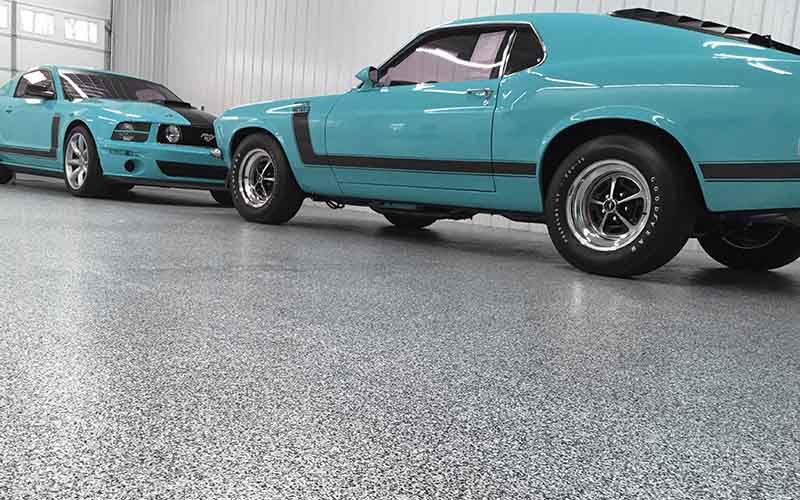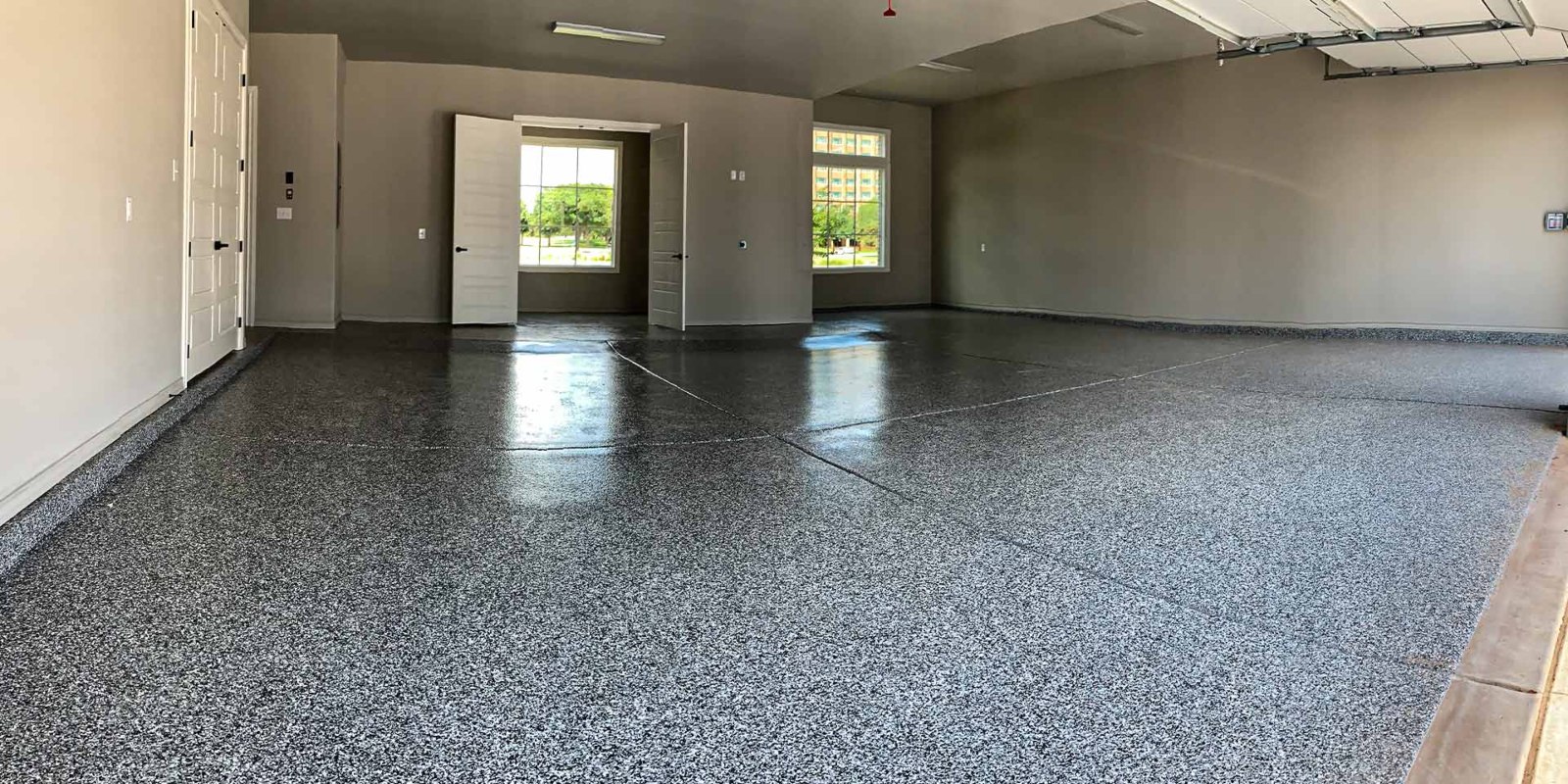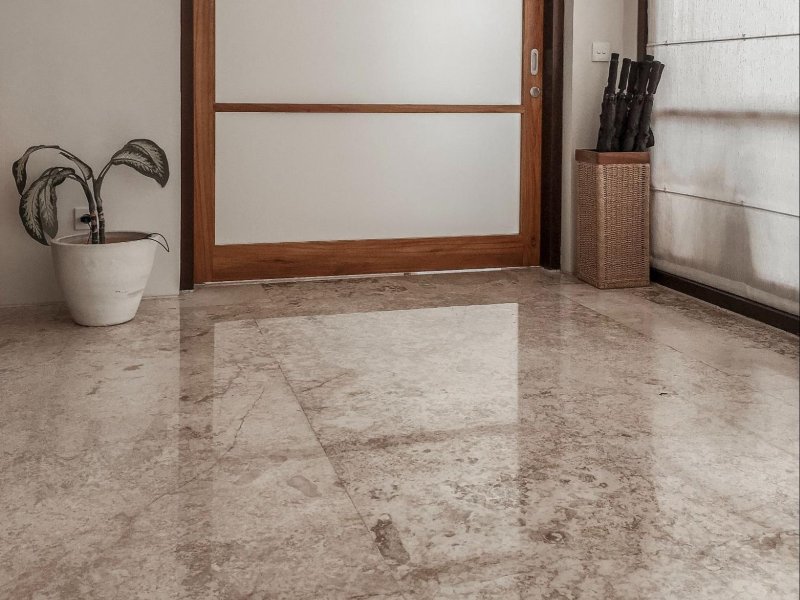As a responsible business owner, you understand the importance of making sustainable choices for your facility. From reducing energy consumption to minimizing waste, every decision you make can impact the environment. That includes your choice of flooring and floor coatings. When it comes to floor coatings, you have two main options: water-based and solvent-based coatings. Each has its advantages and disadvantages, but how do they compare in terms of environmental impact?
Water-Based Floor Coatings
Water-based floor coatings are becoming increasingly popular due to their eco-friendly nature. These coatings are made with water as their primary solvent, as opposed to solvents that contain harmful volatile organic compounds (VOCs). This means that water-based coatings emit significantly lower levels of VOCs than solvent-based coatings, making them a more sustainable choice for your facility.
But what exactly are VOCs, and why are they harmful to the environment? VOCs are organic chemicals that can evaporate and release into the air at room temperature. These chemicals can react with other pollutants in the air to form smog, which can contribute to poor air quality and respiratory issues. In addition to their environmental impact, VOCs can also have negative effects on human health, including headaches, nausea, and respiratory problems.
In contrast, water-based coatings have significantly lower levels of VOC emissions, making them a more sustainable and healthier choice for your facility. They also have a shorter curing time than solvent-based coatings, which means they release fewer VOCs into the air during the curing process.
Another advantage of water-based coatings is their durability. While they may not be as durable as solvent-based coatings, they still provide excellent protection against abrasions, stains, and other damage. They are also more resistant to fading and yellowing over time, which means they will maintain their appearance longer.
Solvent-Based Floor Coatings
Solvent-based coatings are known for their high levels of durability and resistance to wear and tear. They are often used in industrial settings, where the floors are subject to heavy machinery and foot traffic. However, solvent-based coatings also have a higher environmental impact due to their high levels of VOC emissions. Additionally, they have a longer curing time, which means they release more VOCs into the air during the curing process.
How Can You Make A More Sustainable Choice For Your Next Flooring Project?
Consider using a water-based floor coating. While they may not be as durable as solvent-based coatings, they are still an excellent choice for commercial and industrial settings. They are also more sustainable and healthier for your employees and customers.
If you are considering a water-based coating, look for products that have received certification from organizations such as Green Seal or the Leadership in Energy and Environmental Design (LEED). These certifications ensure that the product meets strict environmental standards and has been independently verified by a third party.
In addition to choosing a sustainable coating, you can also take steps to reduce the environmental impact of your flooring project. For example, you can use recycled materials for your flooring, reduce waste by using materials efficiently, and choose low-energy lighting options to reduce your energy consumption.
In conclusion, when it comes to floor coatings, water-based options offer a more sustainable and eco-friendly choice for your facility. They emit fewer VOCs, have a shorter curing time, and are more resistant to fading and yellowing over time. While they may not be as durable as solvent-based coatings, they are still an excellent choice for commercial and industrial settings. By choosing a water-based coating and taking steps to reduce the environmental impact of your flooring project, you can create a more sustainable and healthy facility for your employees and customers.









